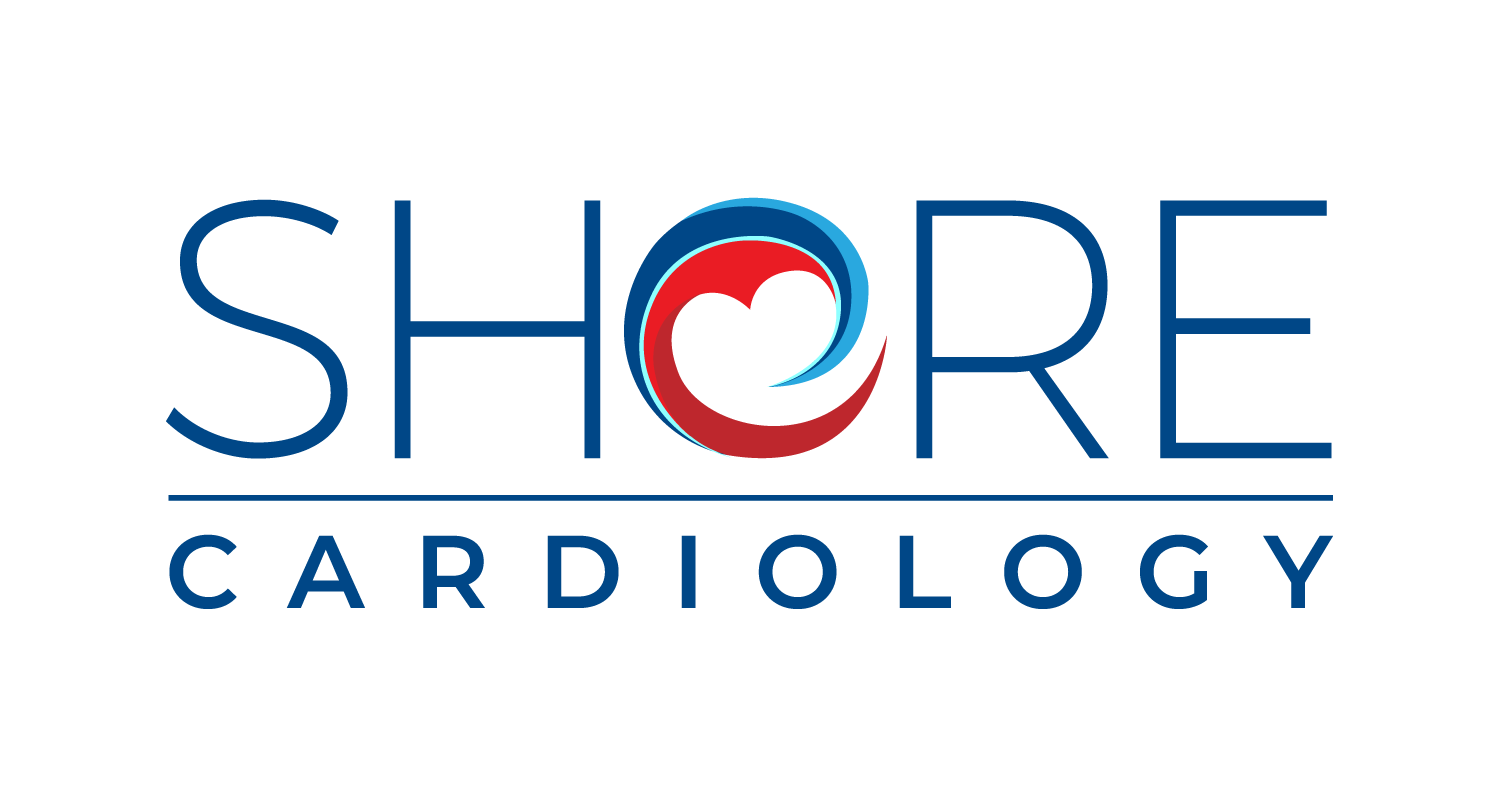When Might Someone benefit from a CT Coronary Angiogram?
Introduction
Computed Tomographic Coronary Angiography (CTCA) is a noninvasive imaging technique that provides detailed pictures of your heart's arteries. It helps detect coronary artery disease (CAD), which can lead to serious heart conditions if untreated. Here's when you might consider getting a CTCA.
1. You Have Stable Symptoms but No Known CAD
If you have ongoing symptoms like chest pain or shortness of breath, but no previous diagnosis of coronary artery disease, CTCA can be a valuable first test. It offers a clear image of your coronary arteries and helps in identifying any blockages or abnormalities.
2. Equivocal Stress Test Results
Did your stress test results come back inconclusive? CTCA can provide additional clarity. It can confirm or rule out the presence of significant coronary artery disease, reducing the need for more invasive procedures.
3. Suspected Acute Coronary Syndrome (ACS)
For those experiencing potential acute coronary syndrome symptoms (such as sudden chest pain), but where initial tests like troponin levels and clinical evaluations are inconclusive, CTCA can help. It should not be used during ongoing chest pain but can be performed afterward to assess your heart health.
4. Post-Revascularisation Monitoring
If you have had a coronary artery bypass graft or stent placement, CTCA can check the status of these interventions. While not typically a first-line test, it can be useful in specific scenarios to ensure your grafts or stents are functioning well.
5. Assessing Intermediate-Risk ACS
If you're at intermediate risk for acute coronary syndrome (ACS) and your initial tests are normal or inconclusive, CTCA can help rule out significant CAD. This can facilitate early discharge and reduce unnecessary hospital admissions.
Benefits of CTCA
Noninvasive: CTCA doesn’t require catheter insertion, making it safer and less uncomfortable.
High Sensitivity: It’s very good at detecting significant CAD, ensuring critical conditions aren’t missed.
Detailed Imaging: CTCA provides comprehensive pictures of your coronary arteries, identifying both obstructive and nonobstructive plaques.
Considerations
Radiation Exposure: While modern CTCA uses lower doses, radiation is still a factor.
Contrast Use: Iodinated contrast agents can pose risks for those with kidney issues or allergies.
Key Message
CTCA is a powerful, noninvasive tool to assess coronary artery health. It is particularly useful for those with stable symptoms, equivocal stress test results, and specific post-revascularization monitoring needs. If you're experiencing symptoms suggestive of CAD or need further evaluation after initial tests, discuss with your healthcare provider whether CTCA is the right option for you. Early detection and treatment can significantly improve heart health outcomes.
References
[1] Coronary artery calcium scoring (CAC): Overview and clinical utilization
[2] Selecting the optimal cardiac stress test
[3] Overview of stress radionuclide myocardial perfusion imaging
[4] Overview of stress echocardiography
[5] Patients with nondiagnostic stress tests
[6] Low suspicion of ACS in low-risk patients
[7] Clinical use of coronary artery pressure flow measurements
[8] Procedural risks
[9] Complications of diagnostic cardiac catheterization
[10] Patients with intermediate-risk acute coronary syndrome

